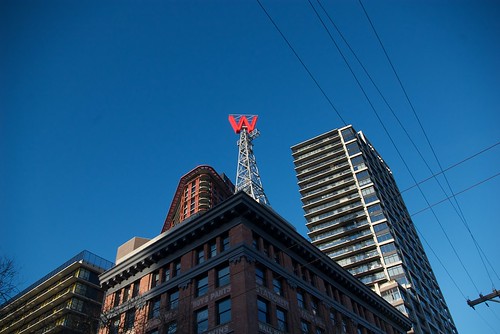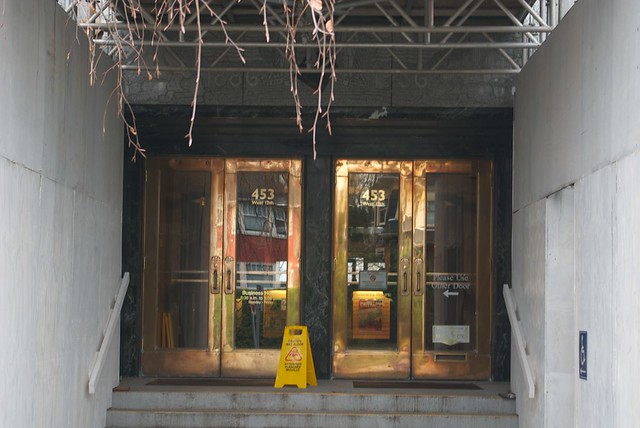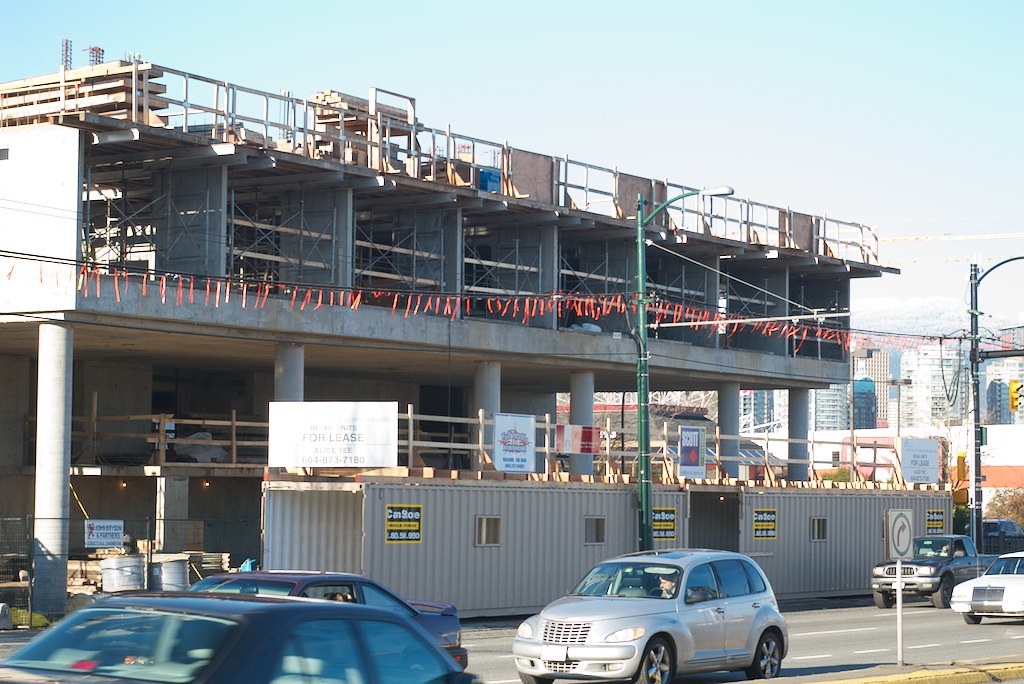The City of Vancouver currently has the lowest business taxes in the world. A report published by the global financial auditor KPMG places Vancouver first out a list of 41 global cities. The main finding of the report, called “Competitive Alternatives 2010 Special Report: Focus on Tax,” is that Vancouver has a tax system more favorable to corporations and the wealthy than anywhere else in the world.
Although the report was released last May, including a press release, it has not received attention in Vancouver’s corporate and alternative press. Instead, local media have placed the international rankings spotlight on Vancouver’s real-estate market, with wide reports that people living in Vancouver currently experience one of the most unaffordable housing markets in the world. It is becoming common knowledge that through high-profile events like the Olympics – which the real-estate executives termed a “$6b ad campaign” for Vancouver – the municipal government has been making an effort to attract global financial investment to Vancouver, with direct effects on the cost of housing. The important background of this policy, however, has been the creation of a corporate sanctuary – the national and global elites are being drawn to Vancouver for its low levels of taxation.



